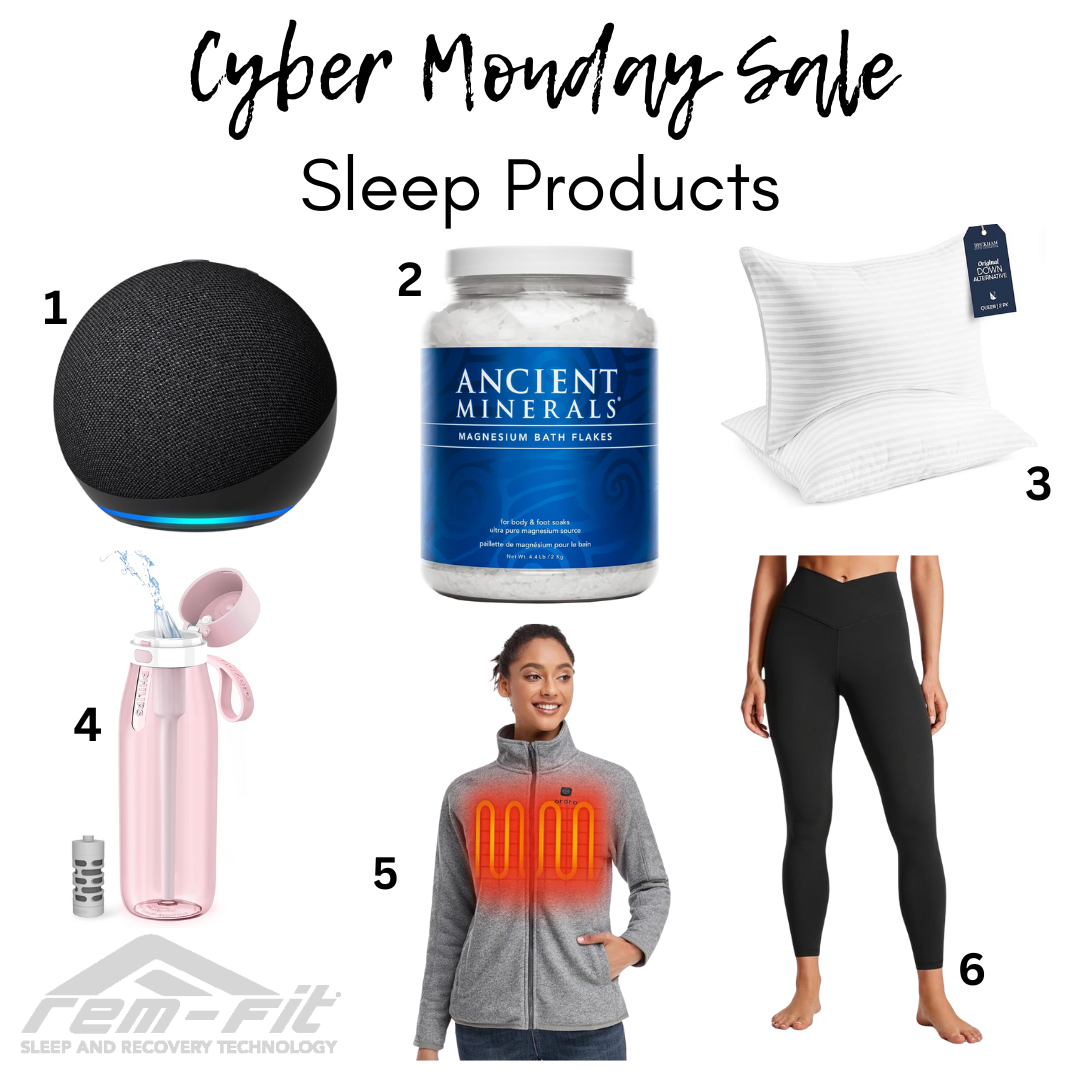
Workouts That Will Improve Your Sleep
 Exercise offers many wonderful benefits including improving one' mood, weight management, increased muscular conditioning and bone health, reduces the risk of chronic diseases and more. There' also another important aspect of our lives that exercise can benefit , sleep. Research shows that exercise can actually improve one' sleep quality and help people to feel less tired throughout the day. In addition to the impact exercise has on sleep, getting a good night sleep can also have a positive impact on exercising. It' a synergistic relationship that can really improve the overall quality of one' life. How Exercise Can Help You Sleep Better The American Heart Association and the National Institutes of Health recommend that healthy adults participate in moderate to vigorous exercise for at least 150 minutes per week. That' roughly 30 minutes per day, five days per week. Based on this volume of exercising, studies show that adults can experience up to a 65 percent improvement in sleep quality. It' believed that exercise can improve one' sleep in the following ways:
Exercise offers many wonderful benefits including improving one' mood, weight management, increased muscular conditioning and bone health, reduces the risk of chronic diseases and more. There' also another important aspect of our lives that exercise can benefit , sleep. Research shows that exercise can actually improve one' sleep quality and help people to feel less tired throughout the day. In addition to the impact exercise has on sleep, getting a good night sleep can also have a positive impact on exercising. It' a synergistic relationship that can really improve the overall quality of one' life. How Exercise Can Help You Sleep Better The American Heart Association and the National Institutes of Health recommend that healthy adults participate in moderate to vigorous exercise for at least 150 minutes per week. That' roughly 30 minutes per day, five days per week. Based on this volume of exercising, studies show that adults can experience up to a 65 percent improvement in sleep quality. It' believed that exercise can improve one' sleep in the following ways:
- Exercise reduces stress, allowing individuals to sleep better at night instead of worrying about things.
- Exercise has a positive effect on depression. Although it' not a cure for depression, it does give sufferers and emotional or mental boost.
- Exercise can help with restless leg syndrome, which is a disorder of the nervous system that often involves itching, burning or twitching of one' limbs and face. Typically, these symptoms occur at night and cause sleeping problems for sufferers. Exercise can help to alleviate some of these symptoms, allowing sufferers to sleep better at night.
- Research shows that exercise can directly reduce sleep apnea symptoms in the millions of Americans who suffer from this sleep disorder.
- Exercise can physically tire you out, which may help those who have trouble falling asleep.
- Exercise can impact our sleep-wake cycle through the increase and decrease of body temperatures. This fluctuation can trigger the body to feel tired and sleepy.
- Exercise has been found to significantly improve sleep quality in the millions of adults suffering from insomnia, especially by reducing stress and increasing one' fatigue.
Also in Blog

Cyber Monday Sleep Deals
If you are looking to score some good deals, look no further than our sleep-inspired list of Cyber Monday deals.

Turkey and Cranberry Quesadilla's: Promote Sleep and Use Leftovers!
Turkey has long been known to help you feel sleepy, thanks to it containing tryptophan. If you have extra turkey and are looking for a quick dinner to help you feel sleepy tonight, try this quesadilla!

Thanksgiving Inspired Sleep Products
Turkey day is around the corner, and if you are on the hunt for some fun Thanksgiving themed products that not only look and function well but will help you sleep better, look no further! Check out our recommendations below.

